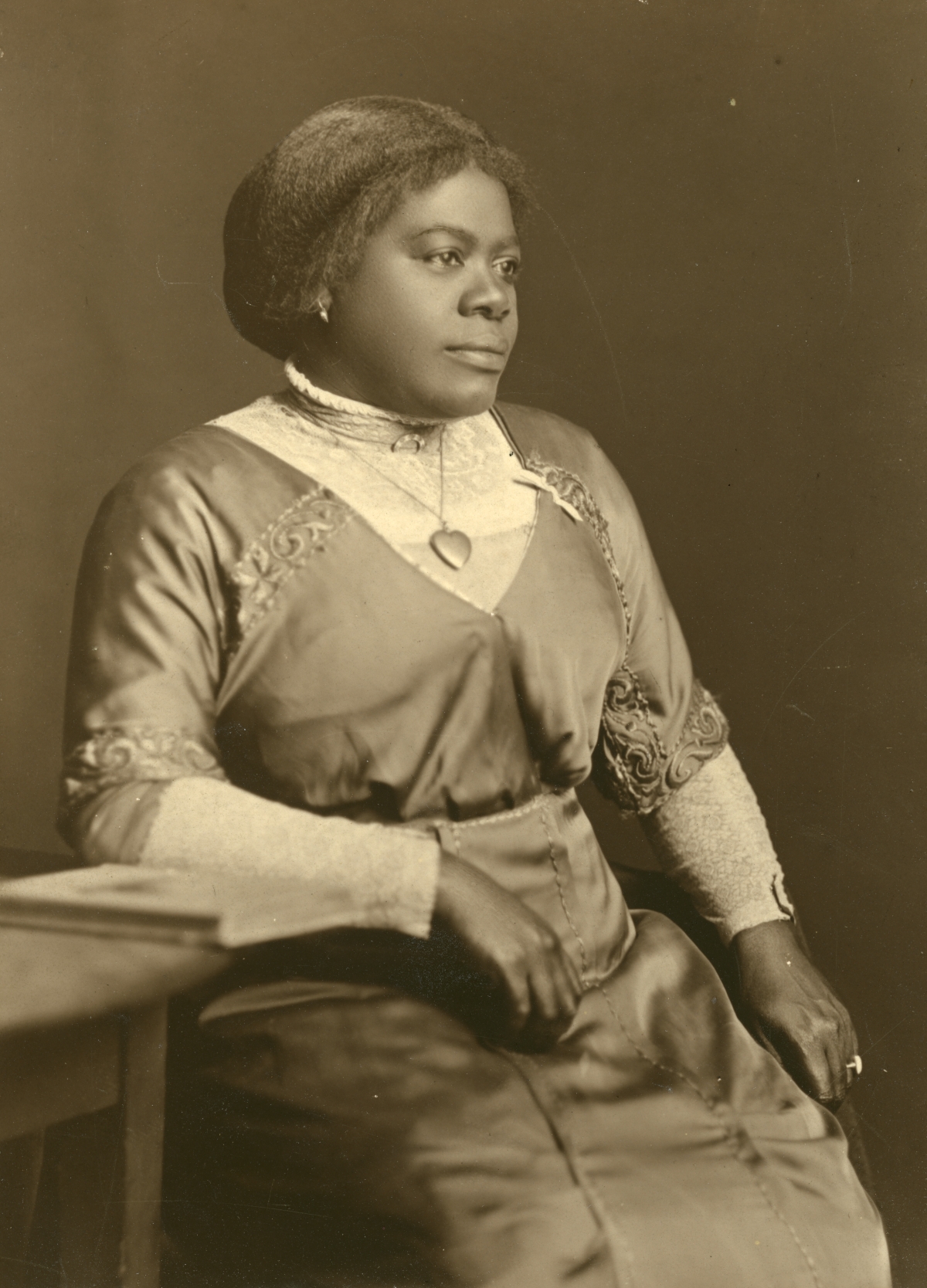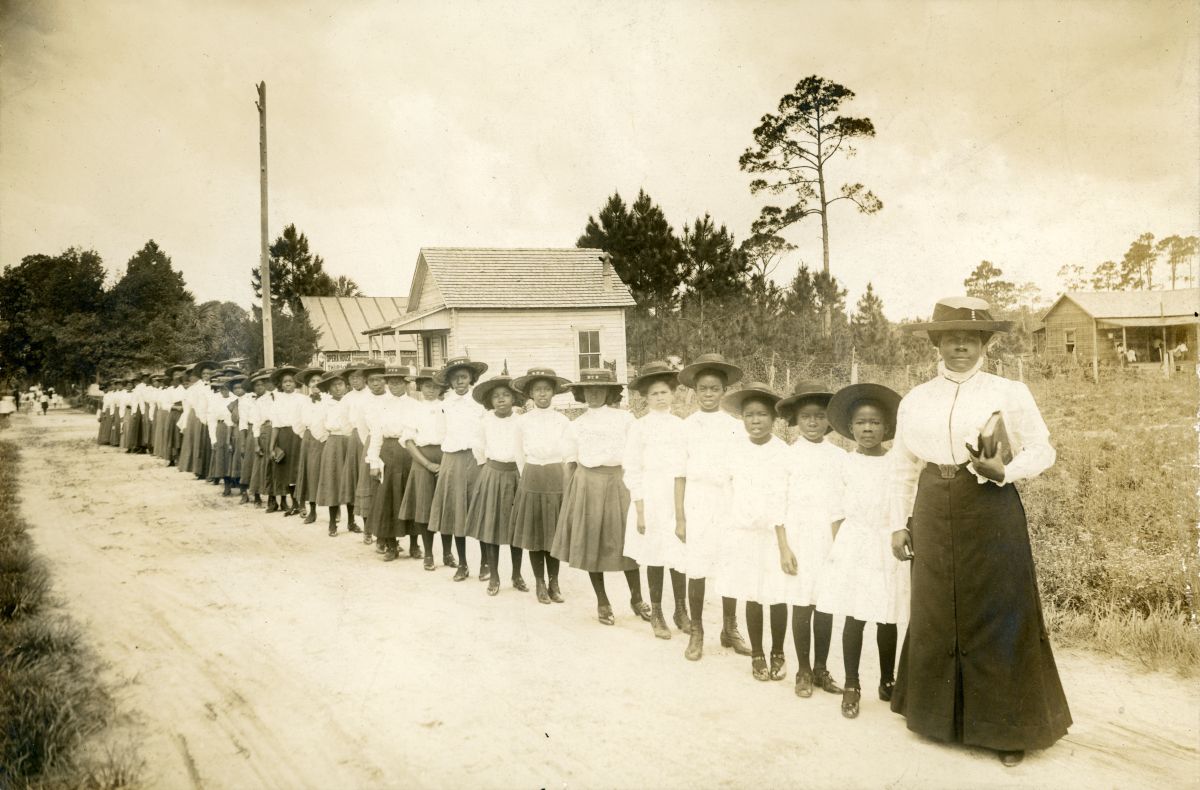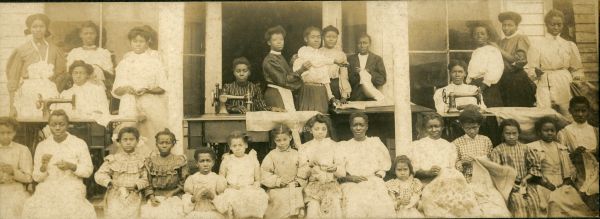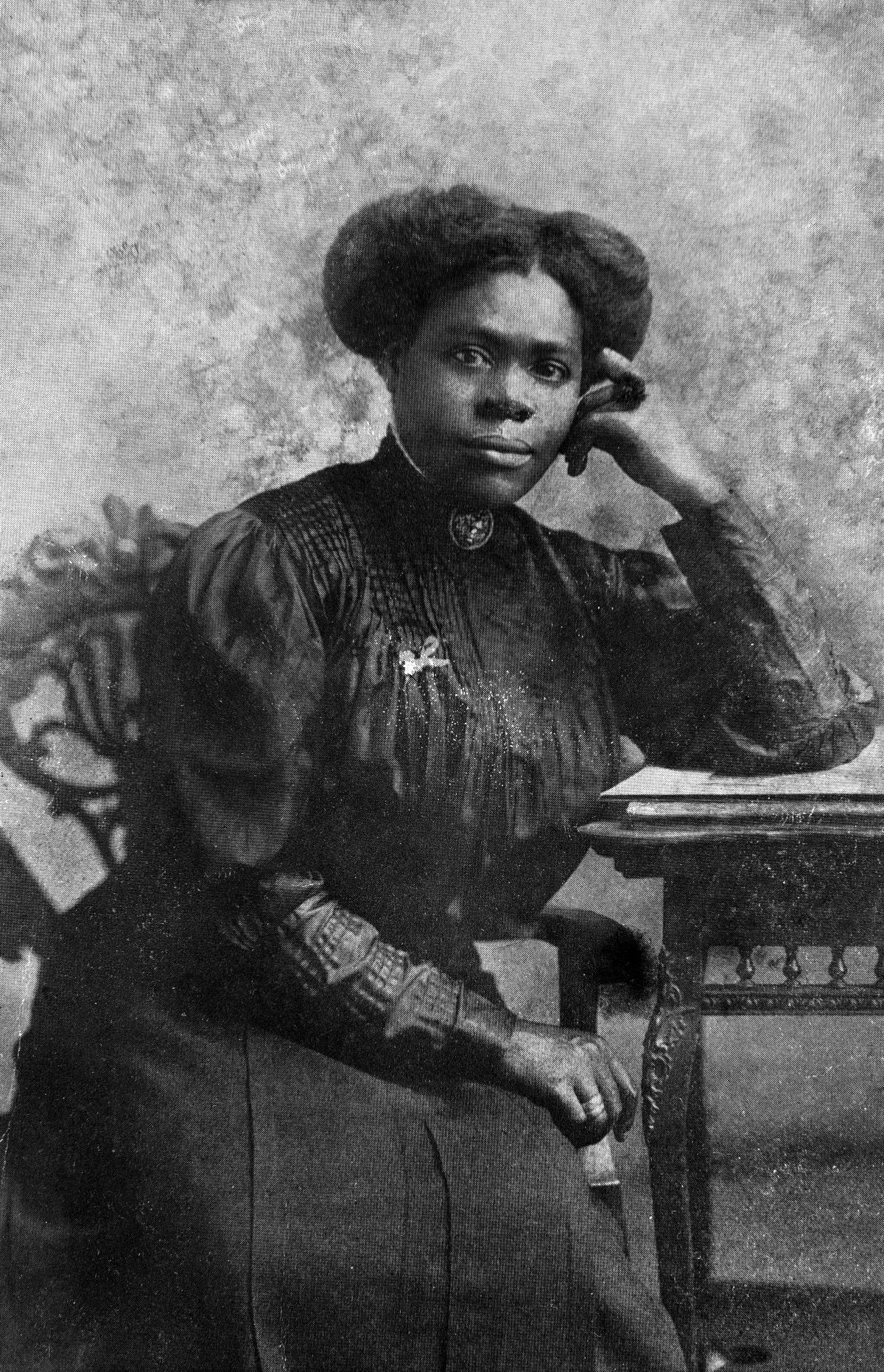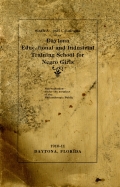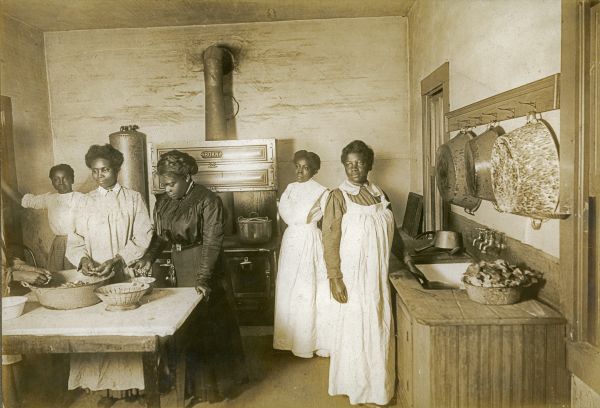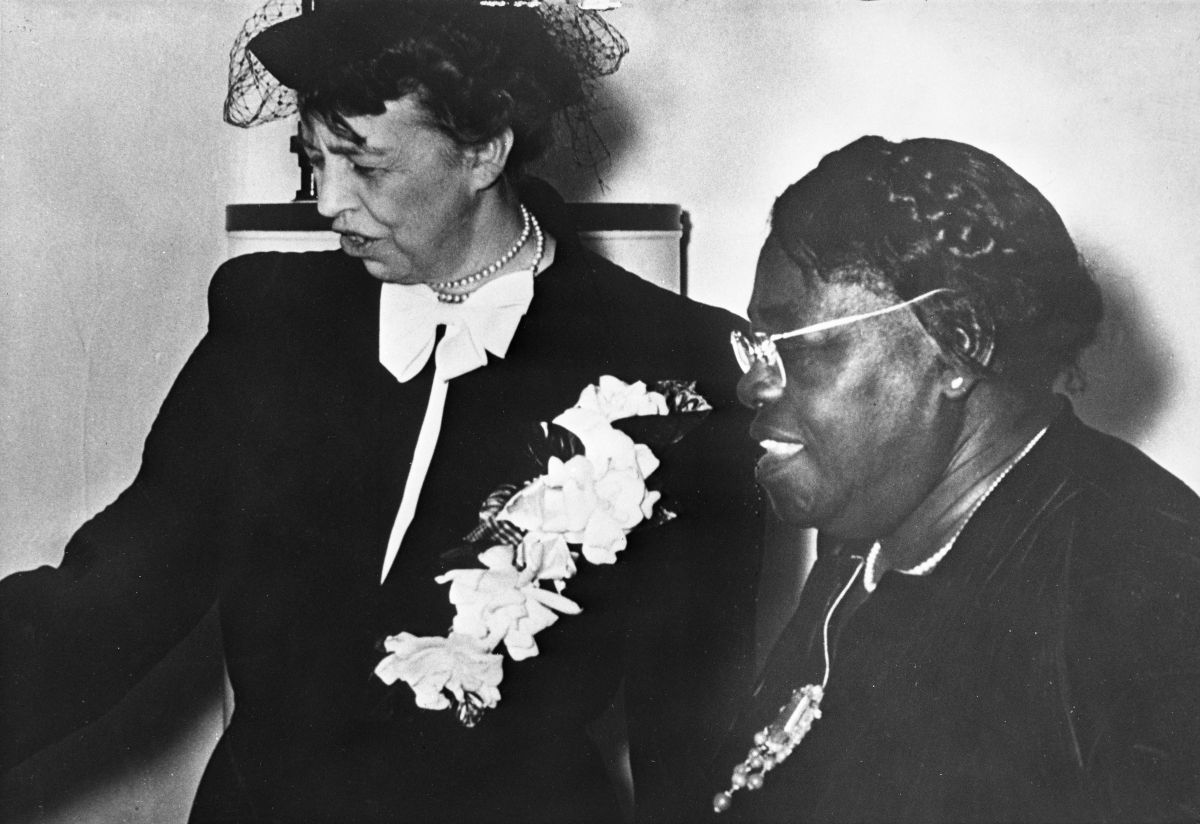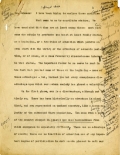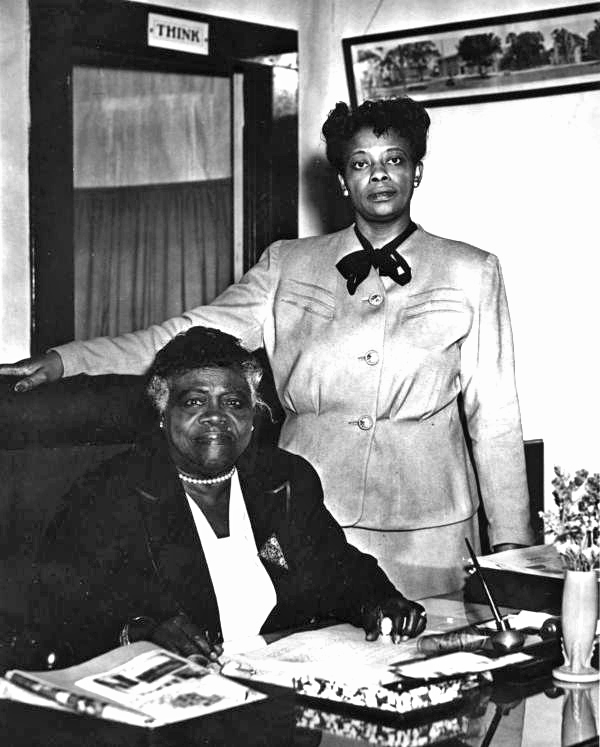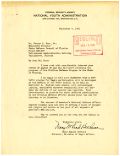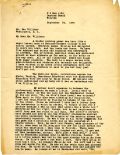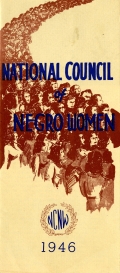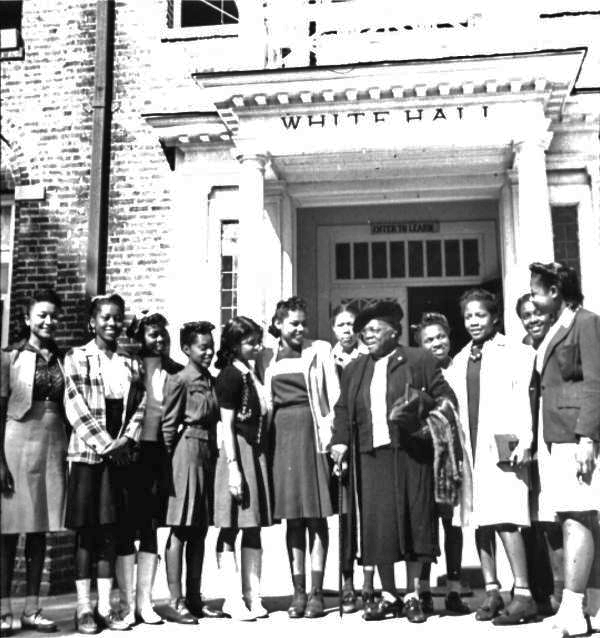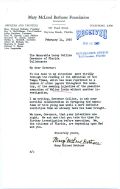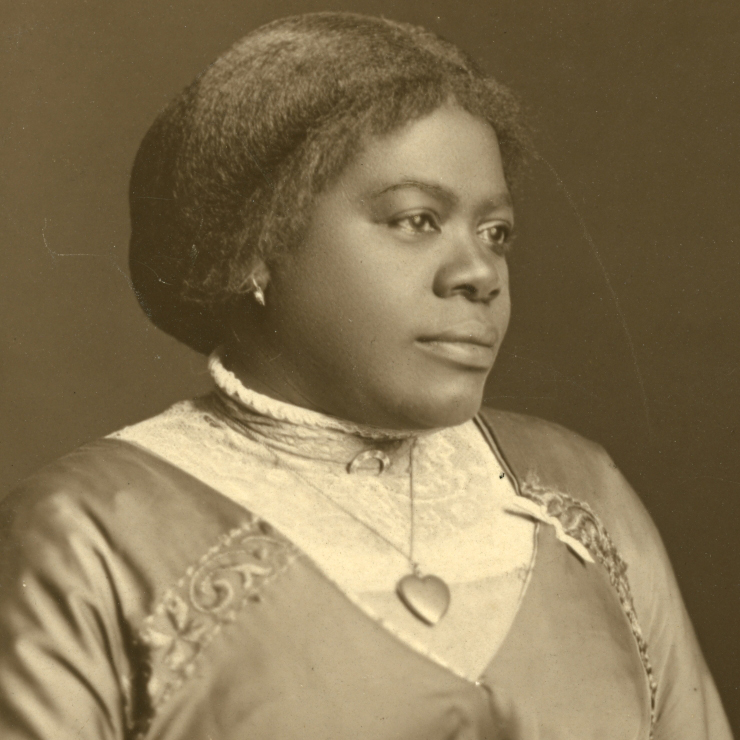
Primary Source Set
Mary McLeod Bethune
Mary McLeod Bethune (1875-1955) was an educator, civic leader and civil rights activist. In 1904, Bethune founded the Daytona Normal and Industrial School for Negro Girls which merged with the Cookman Institute of Jacksonville in 1923 and later became known as Bethune-Cookman College (now Bethune-Cookman University).
Bethune worked for educational, social, civic, political and economic opportunities for African American people in Florida and around the country. As founder and president of the National Council of Negro Women (NCNW), Bethune worked to enfranchise Black voters.
Bethune was an influential advisor in President Franklin Roosevelt’s administration during the Great Depression and World War II. She was a member of the “Black Cabinet," counseling the president on public policy matters important to the African American community, and in 1936 she became the director of the Division of Negro Affairs of the National Youth Administration.
During World War II, Bethune championed the Women's Army Auxiliary Corps (WAAC). She fought to include African American women in WAAC and to establish a WAAC training facility in Daytona Beach.
Bethune lived to see the decision in the 1954 U.S. Supreme Court case Brown v. Board of Education of Topeka, which declared racial discrimination in public education unconstitutional. She died one year later, on May 18, 1955.
This primary source set explores the life and legacy of Mary McLeod Bethune using photographs and documents from collections held by the State Archives of Florida, including the papers of journalist Daniel Mortimer Williams.
Photo credit: Mary McLeod Bethune in Daytona Beach, ca. 1915.
Show full overview

 Listen: The Assorted Selections Program
Listen: The Assorted Selections Program